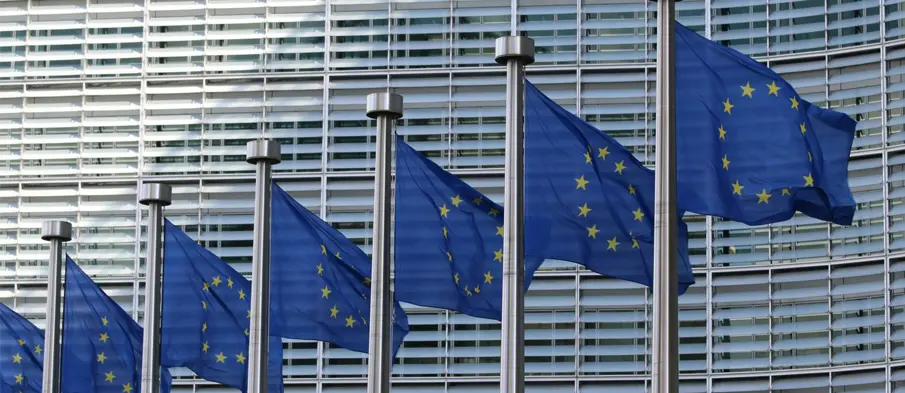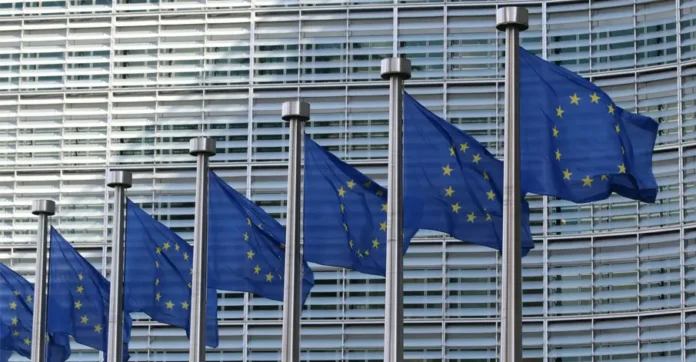
The European Union has escalated its investigation into AI collaborations, starting with prominent partnerships involving Microsoft-OpenAI and Google-Samsung. Margrethe Vestager, the European Commission’s executive vice president for competition policy, cautioned that AI is advancing rapidly. She disclosed multiple preliminary inquiries into various AI-related market practices, citing concerns about potential anti-competitive actions by major tech firms since the advent of ChatGPT.
The commission’s action underscores the bloc’s mounting worries about the monopolistic potential of tech giants in the swiftly evolving AI sector. The focus of scrutiny is on recent alliances and deals in AI involving Microsoft and Google, which have drawn regulatory attention due to fears they could stifle competition and innovation. Vestager emphasized that the commission has initiated several preliminary antitrust investigations concerning practices in AI markets, although specific details were not disclosed.. Microsoft’s Collaboration with OpenAI
Microsoft’s substantial partnership with OpenAI is one of the most significant in the AI industry. Initiated in 2019 and expanded subsequently, it involves Microsoft’s substantial investment in OpenAI, provision of cloud resources via Azure, and integration of OpenAI’s advanced models into Microsoft’s products and services. The partnership aims to accelerate AI research and development, yielding notable advances such as the GPT-3 language model and the recent ChatGPT. However, concerns have arisen regarding potential market dominance and barriers to entry for smaller AI firms.
Vestager noted that the European Commission began reviewing the Microsoft-OpenAI deal last year to assess compliance with EU merger rules. After determining Microsoft hadn’t gained control of OpenAI, the review was paused, but Vestager signaled renewed scrutiny using antitrust rules targeting abusive behavior by dominant market players Following responses from major AI companies requested in March, the EU Commission is now seeking specific details about the Microsoft-OpenAI agreement. Vestager highlighted concerns about potential harm to competition from exclusivity clauses in the AI market.
Also under scrutiny: Google and Samsung’s Partnership
Google’s collaboration with Samsung in AI has also attracted significant attention. This partnership combines Samsung’s hardware capabilities with Google’s AI expertise to innovate in consumer electronics and mobile technologies.The alliance includes integrating Google’s AI algorithms into Samsung devices, enhancing features like voice recognition, camera functions, and personalized user experiences. While promising advanced AI functionalities to consumers, questions have been raised about fairness in competition and access to critical technologies. Vestager mentioned that EU regulators have issued information requests “to better understand the impact” of Google’s arrangement with Samsung, particularly concerning the pre-installation of Gemini Nano on Samsung devices.
What’s Next?
With tech giants like Microsoft and Google playing pivotal roles in global AI expansion through acquisitions and partnerships, regulatory concerns about market dominance and fairness are growing. In response to EU actions, Microsoft and Google have reaffirmed their commitment to compliance with regulatory standards while emphasizing the potential benefits of their AI initiatives in healthcare, sustainability, and other critical sectors.Nevertheless, the outcome of the EU’s antitrust scrutiny could significantly influence how major tech firms operate in Europe’s AI market, potentially leading to regulatory measures to ensure fair competition and opportunities for smaller competitors to innovate.





